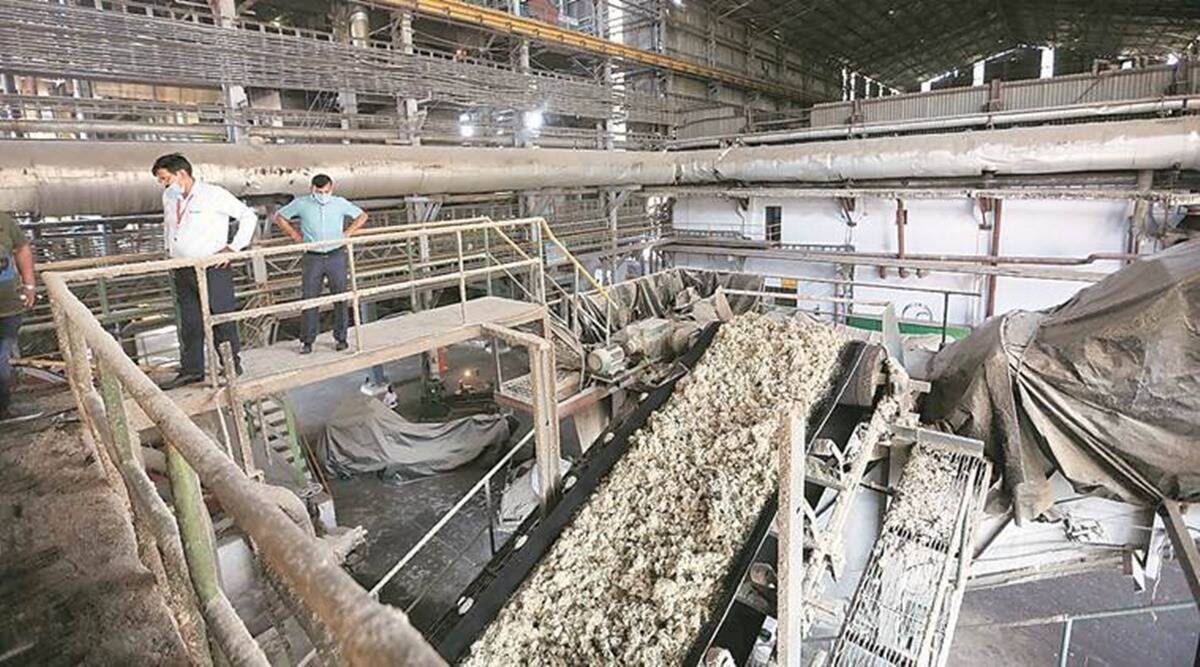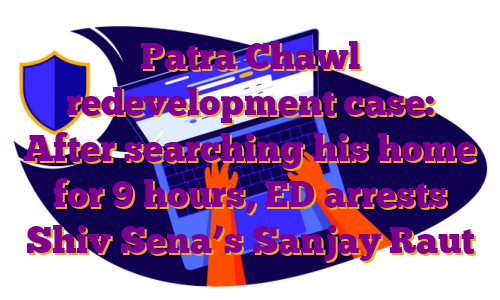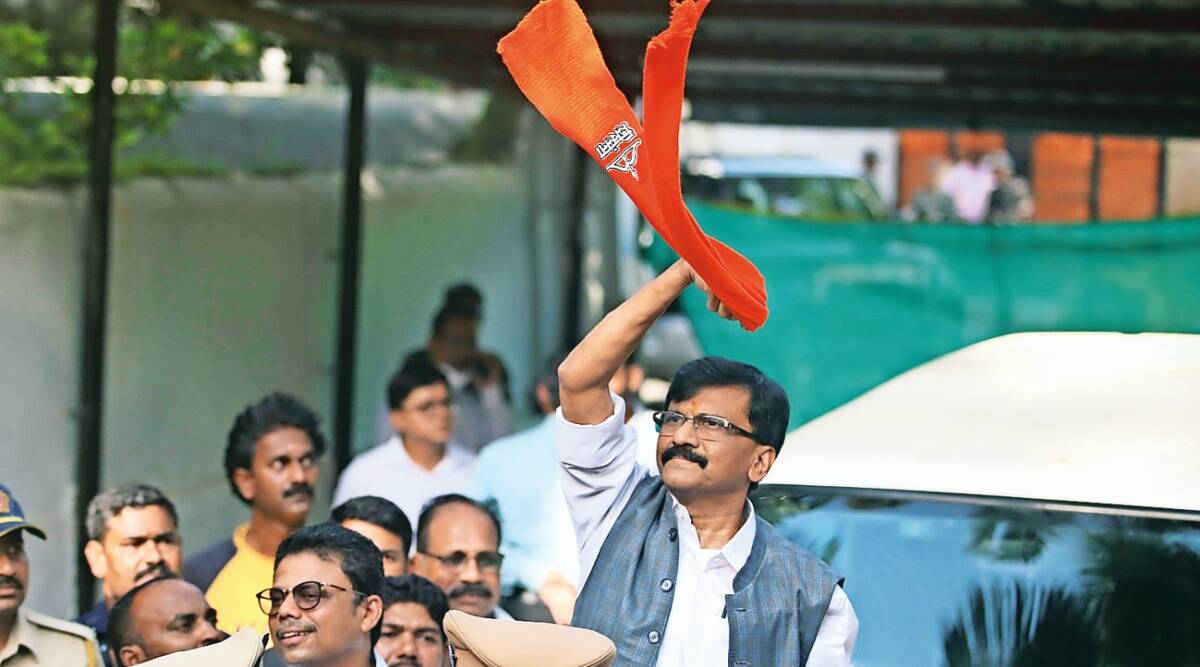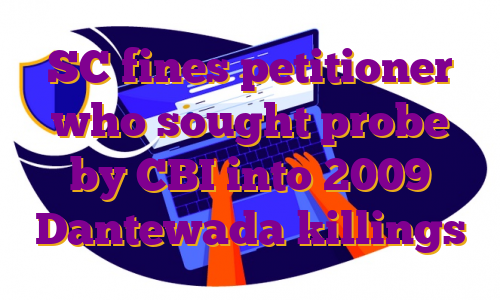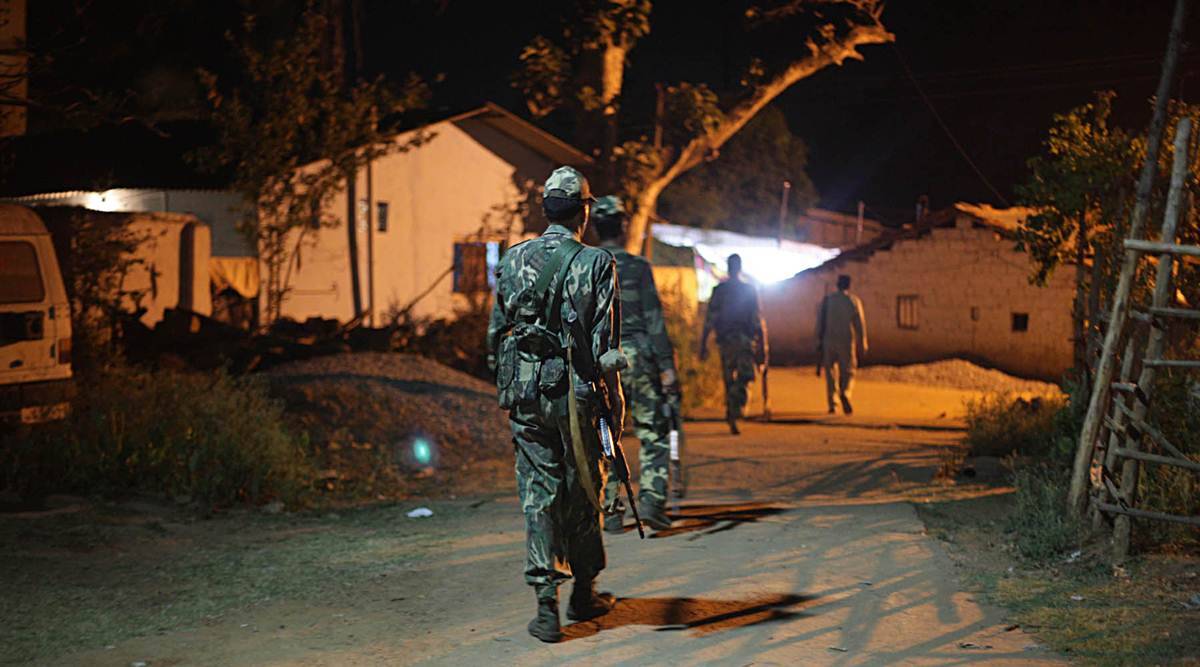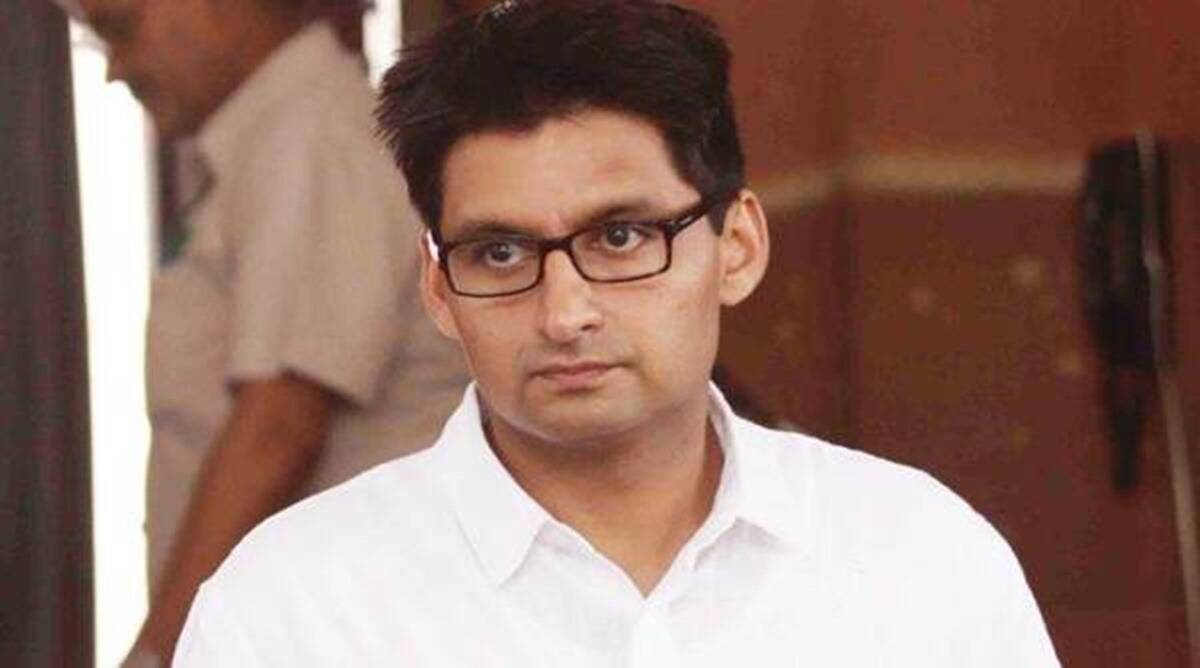After banning exports of wheat and broken rice, the Narendra Modi government is set to take a call next on sugar.
Mills, in all likelihood, will be allowed to export up to 50 lakh tonnes (lt) of the sweetener in the new sugar year from October. Any decision on further quantities would be taken in January-February after a review of domestic production and price trends.
On May 24, the Modi government had moved sugar exports from the “free” to “restricted” category. It also capped total exports for the 2021-22 sugar year at 100 lt, which was raised to 112 lt with effect from August 1.
“They (government) are concerned about output, particularly in Uttar Pradesh where the monsoon rainfall has been nearly 43 per cent deficient and there are also reports of the cane crop being affected by red rot (a fungal disease),” a source told The Indian Express.
The current 2021-22 sugar year has seen both production and exports from India touch record levels of 360 lt and 112 lt respectively. However, closing stocks, estimated at 60 lt on September 30, would be a five-year low.
“That’s still equivalent to two-and-a-half months’ consumption (projected at 275 lt for the whole year). Also, lower production in UP is likely to be offset by increases in Maharashtra, Karnataka and Tamil Nadu, where rains have been good and reservoirs are full. But they don’t want to take any chances, especially after the latest consumer food price inflation number of 7.62 per cent for August,” the source said.
Prakash Naiknavare, managing director of the National Federation of Cooperative Sugar Factories, said that permitting exports in tranches makes sense, as it will enable mills to enter into contracts before they start production for the new year (crushing operations usually take off post-Diwali).
“The government has already sounded us out that mills can sign export contracts up to 15 per cent of their production (projected at 330-360 lt in 2022-23). We have conveyed this to our members so that they can plan accordingly,” he added.
A strategy to regulate exports after reviewing the domestic availability position is likely in 2022-23 as well.
“The notification allowing an initial quantity of 50 lt is expected in the next few days. A second tranche of 30-35 lt may follow by February, when a reasonable estimate of production can also be made,” the source said.
ExplainedAfter rice and wheatRice, wheat and sugar were three “surplus” agro-commodities. But a whittling down of the surpluses has reignited inflation concerns — and prompted the government to impose restrictions.
Mills are keen to start exports early for two reasons. The first is that the world’s biggest exporter Brazil’s sugar season is from April to November. It gives a window of exports for Indian mills, which crush from late-October to early-May.
The second is prices. White sugar for December delivery is currently quoting at about $538 per tonne. Indian sugar, being less white/refined, would fetch a $50 quality discount or $488 (Rs 39,000) per tonne.
Deducting Rs 3,500 costs (towards bagging, transport from factory to port, stevedoring, and handling) translates into an ex-mill price of Rs 35,500 per tonne. That’s more than the roughly Rs 34,000 that Maharashtra mills are realising from domestic sale of ‘S-grade’ (small-sized granules) sugar.
Indian mills have also been exporting raw sugar, which fetches a 4 per cent “polarisation” premium (for being more amenable to refining into whites) in the world market.
December raw sugar prices are now 17.97 cents per pound, corresponding into 18.69 cents or $412 (Rs 33,000) per tonne from. The expenses are also about Rs 500 per tonne lower, since raw sugar is shipped out in bulk break vessels, as against containers in the case of whites.
India’s sugar exports, which were a mere 0.46 lt in 2016-17 and 6.32 lt in 2017-18, soared to 38 lt, 59.40 lt and 71.90 lt in the subsequent three sugar years, before the all-time-high of 112 lt achieved in 2021-22.
Drought in Brazil in 2021 and in Thailand the year before – and this year’s heat wave in the European Union – have created export opportunities for Indian mills. But whether they can fully seize it now, given inflation worries back home, remains to be seen.
The Modi government, on May 13, banned wheat exports. On September 8, it prohibited exports of broken rice, besides slapping a 20 per cent duty on shipments of other non-parboiled non-basmati varieties.
!function(f,b,e,v,n,t,s)
{if(f.fbq)return;n=f.fbq=function(){n.callMethod?
n.callMethod.apply(n,arguments):n.queue.push(arguments)};
if(!f._fbq)f._fbq=n;n.push=n;n.loaded=!0;n.version=’2.0′;
n.queue=[];t=b.createElement(e);t.async=!0;
t.src=v;s=b.getElementsByTagName(e)[0];
s.parentNode.insertBefore(t,s)}(window, document,’script’,
‘https://connect.facebook.net/en_US/fbevents.js’);
fbq(‘init’, ‘444470064056909’);
fbq(‘track’, ‘PageView’);
.


